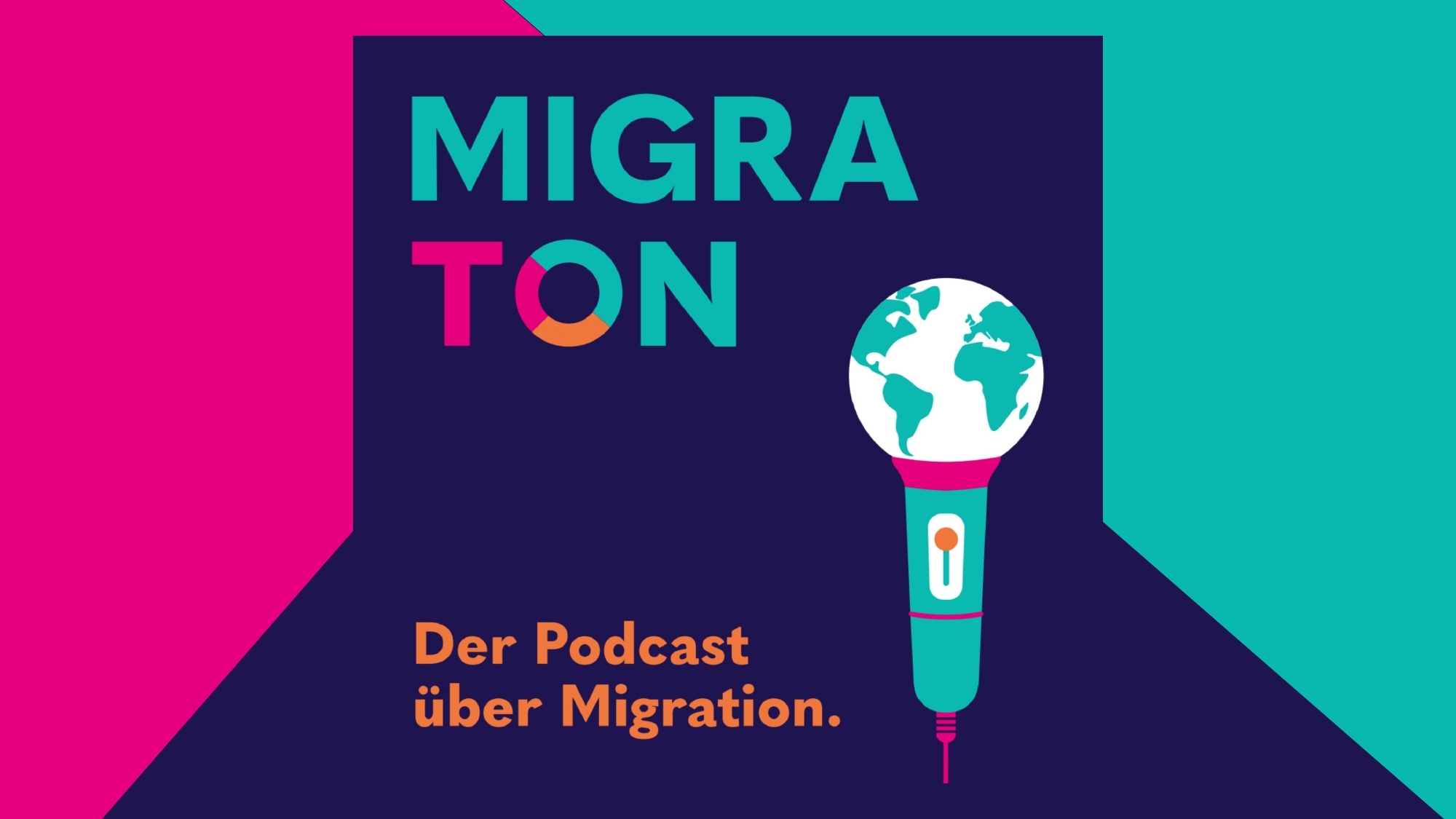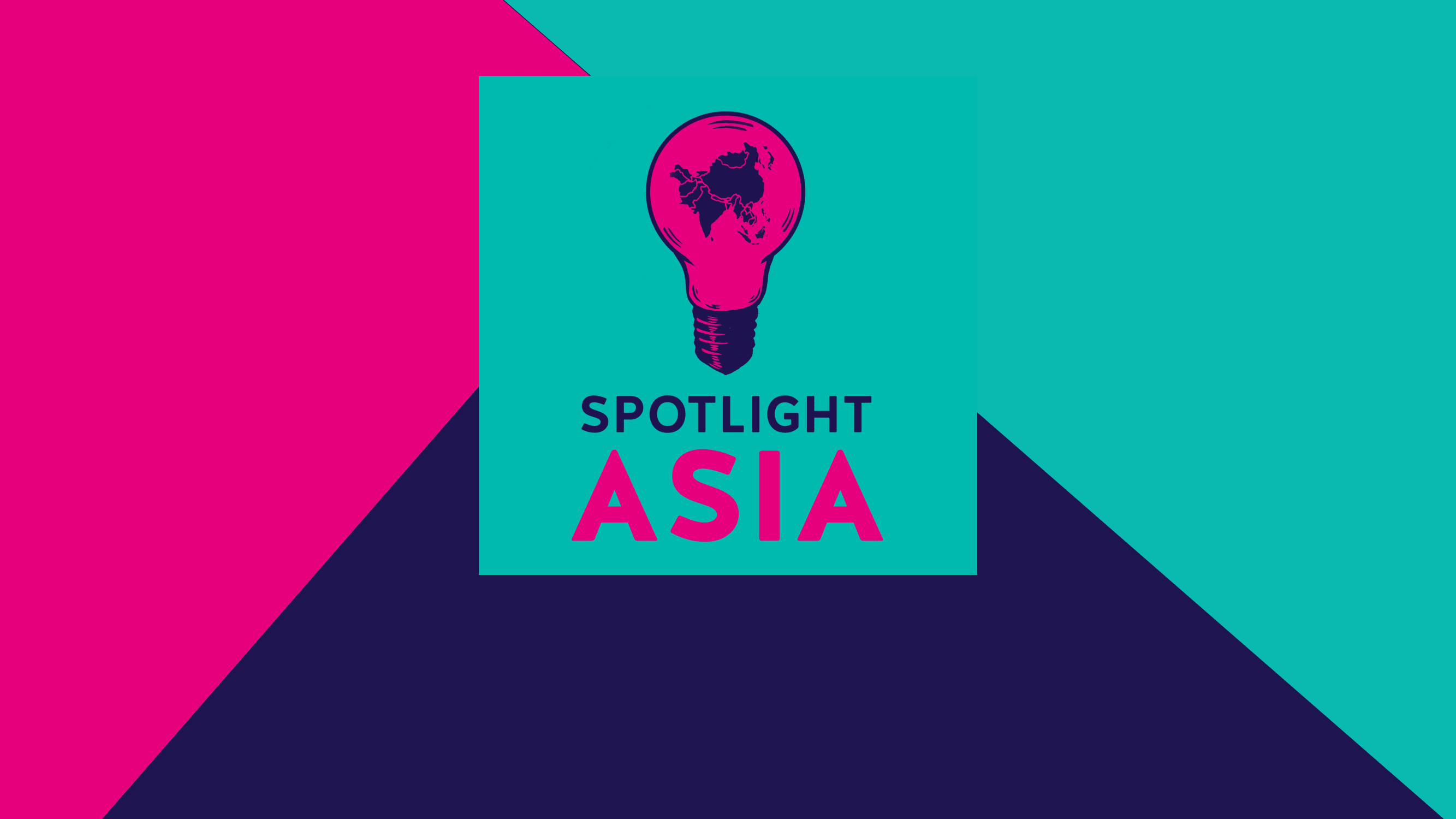4 MAR | Between ‘Muddling Through’ and ‘Grand Design’: The Role of Strategic Foresight in Foreign Policy
Between ‘Muddling Through’ and ‘Grand Design’:
The Role of Strategic Foresight in Foreign Policy
A One-Day Introduction with Dr. Oliver Gand, Bureau of Current Affairs
March 4, 2017
9:00 am to 7:00 pm
Hertie School, Raum 2.61
The Programme Peace & Security of Polis180 in cooperation with the Hertie-Innovationskolleg offers a one day strategic foresight training conducted by Dr. Oliver Gnad, an experienced facilitator from the „Bureau für Zeitgeschehen” (Bureau of Current Affairs). It will offer students and young professionals the opportunity to engage with rigorous approaches of forecasting in foreign policy.
Interested? Great! Please send a brief application to alex.sacharow@polis180.org by February 12, by answering the following questions on maximal one page:
• What is your area of foreign policy expertise?
• Why do you want to participate in the training?
• Why do you think foresight is important in foreign policy?
Please also indicate whether you have already participated in a foresight training (it is no requirement for your participation). We are looking forward to your applications!
Why should we learn how to forecast?
Geopolitical events are difficult to predict and foreign policy experts struggle to take them into account when developing long-term strategies. In order to think systematically about various ways the future is likely to unfold and which factors will determine the eventual outcomes, analysts and political advisors can use Foresight Analysis and Scenario Planning to undertake estimative analysis.
The objective is not to predict the future, but to generate a solid set of scenarios that can bound the range of plausible alternative futures. Foresight Analysis is most useful when a situation is complex and the outcomes too uncertain to trust a single prediction. The method has proven highly effective in helping analysts, decision makers, and policymakers to contemplate multiple futures, challenge their assumptions, and anticipate surprise developments by identifying “unknown unknowns” – i.e. factors, forces, or players that one did not realise were important or influential before commencing the exercise.
Key learning objectives of the workshop include:
Understand how imaginative – but structured – thinking can help analysts and political consultants to consider a future outside
of their imagination to avoid strategic surprise.
Introduce a taxonomy of foresight analytic techniques.
Get to know the cognitive principles underlying five distinct structured analytic techniques including Key Assumption Check, Structured
Brainstorming, Multiple Scenarios Generation, Indicators Validation, and the Opportunities Incubator™.
Create awareness for the circumstances or situations in which the above tools can be appropriately used, along with proper interpretation
of the tools’ results.”
Who will facilitate the workshop?
Oliver Gnad is the co-founder and managing director of the „Bureau für Zeitgeschehen” (Bureau of Current Affairs), a Berlin-based think-and-do-tank specialized in strategic foresight and scenario planning. He is a member of the pan-European Think Tank “New Pact for Europe” and a Fellow of the Dahrendorf Forum. Since 2015, he is an adjunct faculty member of the Hertie School of Governance in Berlin. From 2008 to 2016, he served as Director of GIZ AgenZ, an in-house consultancy of “Deutsche Gesellschaft für Internationale Zusammenarbeit (GIZ)”. Between 2003 and 2007, he was the Director for International Programs of the Ebelin und Gerd Bucerius ZEIT Foundation in Hamburg. Before his stint at the ZEIT Foundation, Oliver Gnad was research assistant at the Chair for Contemporary History at the Goethe University in Frankfurt and at the Chair for Political Science at the Ruhr University Bochum. Oliver Gnad is the author of several books and articles on the Cold War, the German party system, sustainable development as well as foreign and security policy issues. He holds a doctoral degree in contemporary history from Goethe University Frankfurt.
Online-Buchungen sind für diese Veranstaltung nicht verfügbar.

